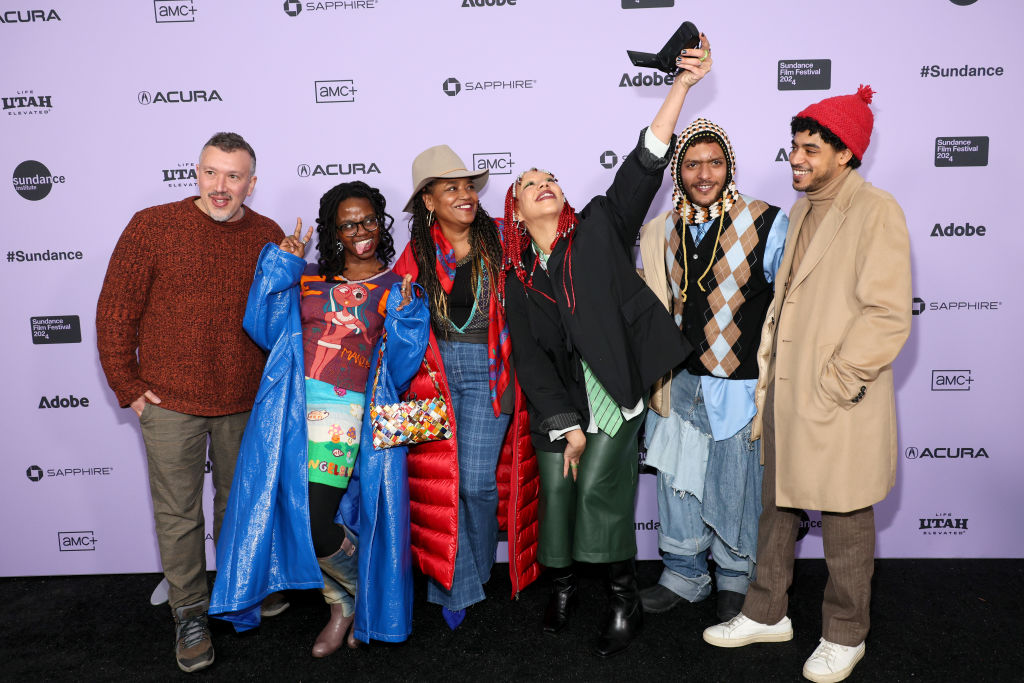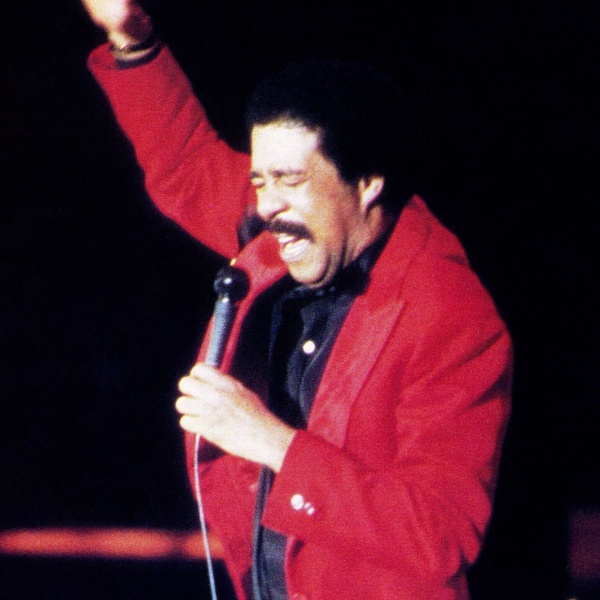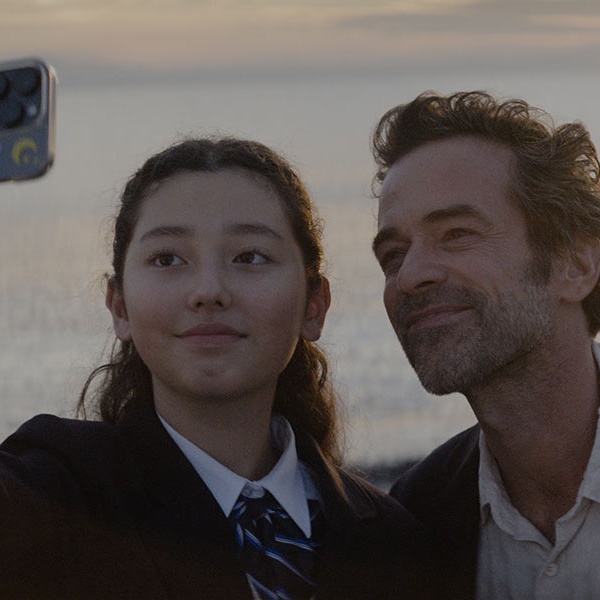First-time director Jazmin Jones’ documentary “Seeking Mavis Beacon,” produced with Olivia McKayla Ross, examines the complexities of online-ness in the 21st century and the idea of consenting to your own likeness in the digital age. In the film, Jones and Ross try to chase down a woman named Renee L’Esperance, who served as the cover model for an early-AI computer typing program “Mavis Beacon Teaches Typing,” one of the most popular education software tools of all time. L’Esperance was spotted working a counter at a Los Angeles department store before eventually getting paid $500 to become Mavis Beacon, who inspired a kind of Mandela effect where people believed she was real. This poignant documentary finds the filmmakers on her trail but only to eventually come up against the idea that perhaps L’Esperance does not want to be part of this story at all, acknowledging her right to be forgotten in terms of an online footprint.
Jones and Ross stopped by the IndieWire Studio at Sundance presented by Dropbox to discuss the film and the psychological and physical health tolls making “Seeking Mavis Beacon” took on them — all of which are detailed in the movie. In its inquiry into how a Black woman’s identity is co-opted and manipulated by white Silicon Valley creators, the documentary also does not shy away from its very pandemic-centered production, as the film was shot during the deep days of COVID.
The 2024 Sundance Film Festival runs January 18–28, with festival talks taking place January 19–26. See the full lineup here for the IndieWire Studio at Sundance, presented by Dropbox.
Dropbox supports and champions independent makers, crews, and teams behind the camera who bring their unique perspectives to life at the Sundance Film Festival. We’re proud that over 60% of films at the 2024 Sundance Film Festival leveraged Dropbox in their filmmaking process. It takes a monumental effort for film projects to go from ideation to completion, and Dropbox is dedicated to helping filmmakers get their projects across the finish line faster. Filmmakers used Dropbox as one organized homebase to keep video files secure, to remotely collaborate with teams around the world, and to get real-time video feedback with Dropbox Replay.






